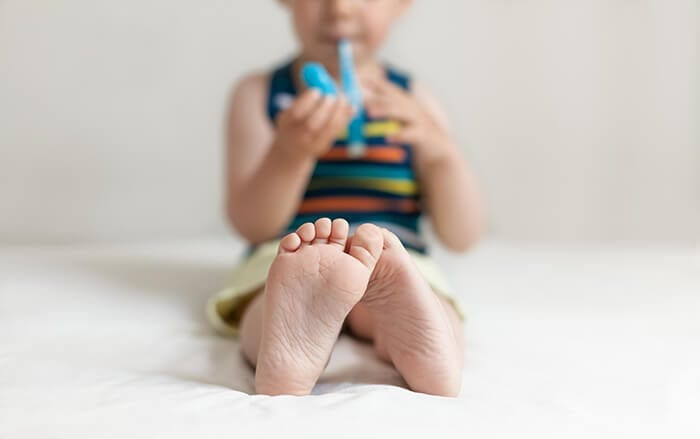There are currently no vaccinations available for hand, foot and mouth disease, so the most effective form of prevention is to follow these instructions to maintain good hygiene.
Always
1. Wash hands with soap or use alcohol gel before and after eating and going to the bathroom.
2. Keep the fingernails clipped and keep the body clean.
3. Avoid sharing personal items such as drinking glasses, spoons, forks, handkerchiefs, hand towels and toothbrushes with others.
4. Keep toys and the house in general clean.
5. Instruct your children and their nannies on how to maintain proper hygiene.
6. Try to avoid being in congested areas such as shopping malls, markets and swimming pools
7. Closely observe any abnormalities that the children are exhibiting. If there are any signs indicating that the child may be suffering from hand, food and mouth disease, take the child to visit a doctor as soon as possible
8. Follow the guidelines and be more careful, when you take young children with you to visit a country where the disease is spreading, and there will be nothing to worry about.
Basic advice regarding the care provided to someone with hand, foot and mouth disease
Children infected with the disease should be kept apart from others to ensure the disease is contained. Once the child has attended a doctor’s appointment, it is recommended that they are kept home for at least 5-7 days, or until they have made a full recovery. During this time, parents should be sure to keep a close eye on the infant in case any irregularities occur and, if suspicious symptoms, such as vomiting, seizures and a distinct change in mood affect the child, they should be taken to hospital immediately.
Furthermore, infected children should be kept away from cramped spaces, particularly during the infectious period. Masks should be worn to cover the nose and mouth to protect against others contracting the disease via coughs and sneezes, and parents should be as careful as possible when tending to their child’s hygiene needs.
With best wishes by Samitivej Hospital
Information from Child Health Institute

